Dive into a world where customer needs take center stage, agility shapes decisions, and triumph is the result. Discover why market-focused tactics outshine product-centric approaches. Your roadmap to sustained success begins here.
In the dynamic landscape of modern commerce, businesses grapple with a pivotal decision – whether to be market-focused or product-focused. This strategic choice can be a game-changer, influencing the trajectory of a company’s success. In this comprehensive exploration, we delve into the intricacies of both approaches to unveil the superiority of a market-focused strategy.
Understanding the Essence of Market-Focused Strategy
Definition and Core Principles
A market-focused strategy is a paradigm that places the customer at the forefront of every business decision. Unlike product-focused strategies that revolve around creating superior products, market-focused strategies prioritise identifying and satisfying the needs of the target audience. This approach is not just about selling a product; it’s about understanding the market’s pulse and tailoring offerings accordingly.
ALSO READ: Unveiling Effective Management Approaches Across Diverse Cultural Landscapes

Customer-Centric Philosophy
One of the core tenets of a market-focused strategy is a relentless commitment to understanding the customer. This involves in-depth market research, surveys, and feedback mechanisms. By deciphering customer preferences, pain points, and aspirations, businesses can create products and services that seamlessly integrate into the lives of their target audience.
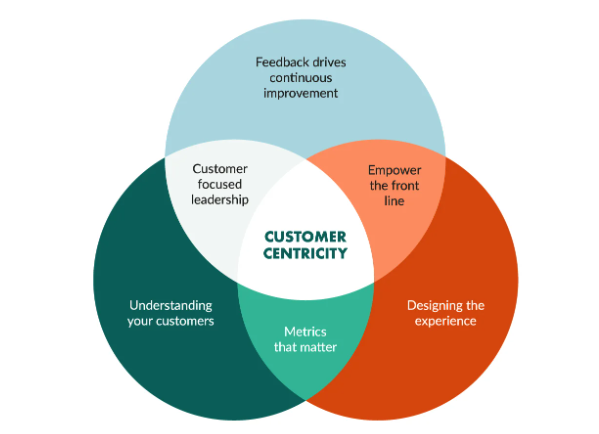
Agility in Response to Market Dynamics
The business landscape is constantly evolving, and a market-focused approach embraces this reality. Agility is a cornerstone, allowing companies to adapt swiftly to changing market trends. By staying attuned to customer needs, businesses can make real-time adjustments to their strategies, ensuring continued relevance and competitiveness.

The Pitfalls of a Product-Focused Approach
Overemphasis on Features
Product-focused strategies, while fixated on creating exceptional products, often fall into the trap of overemphasising features. While innovation is crucial, an excessive focus on product features without aligning with market demands can lead to products that lack resonance with the intended audience.
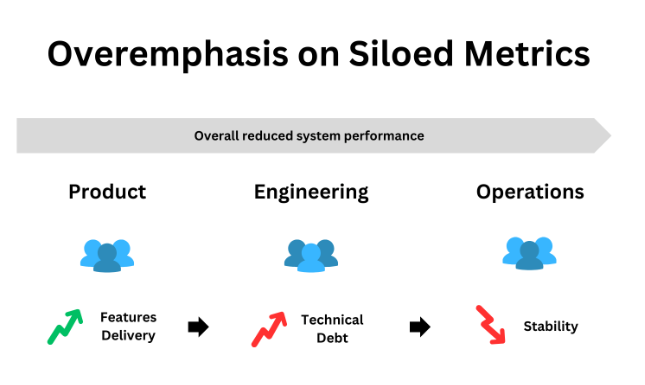
Limited Adaptability
Unlike market-focused strategies, product-focused approaches may struggle to adapt swiftly to market dynamics. The rigid adherence to a predefined product roadmap can hinder the ability to pivot and respond effectively to changing consumer preferences or competitive pressures.

Missed Opportunities for Growth
By solely concentrating on product excellence, businesses may overlook crucial opportunities for growth in untapped market segments. A myopic focus on a specific product line can limit the exploration of new avenues, hindering overall business expansion.

Crafting a Winning Strategy: Embracing Market-Focused Tactics
Identifying Target Markets
To successfully implement a market-focused strategy, businesses must meticulously identify their target markets. This involves segmentation based on demographics, psychographics, and behavioural patterns. By delineating specific market segments, companies can tailor their offerings to meet the distinct needs of each group.

Building Customer Personas
Creating detailed customer personas is a cornerstone of market-focused success. Personas are fictional characters that represent different segments of the target audience. By understanding these personas, businesses gain valuable insights into the preferences, challenges, and aspirations of their customers, enabling personalised marketing and product development.

Continuous Feedback Loops
A market-focused strategy thrives on continuous feedback loops. Businesses should establish mechanisms to gather feedback from customers at every touchpoint. This information is invaluable, providing real-time insights into customer satisfaction, areas for improvement, and emerging trends.
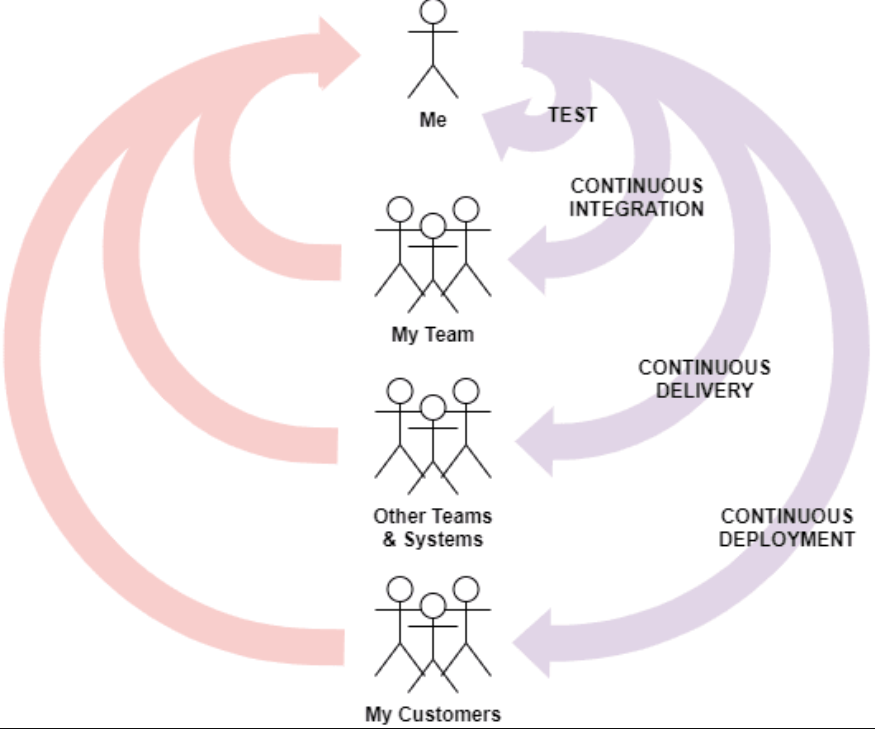
Case Studies: Market-Focused Triumphs
Apple Inc.: A Beacon of Market-Focused Innovation
Apple Inc. stands as a testament to the triumphs of a market-focused approach. By understanding and anticipating consumer desires, Apple consistently releases products that resonate with a global audience. From the revolutionary iPhone to the sleek MacBook, Apple’s market-focused strategy has propelled it to the zenith of the tech industry.
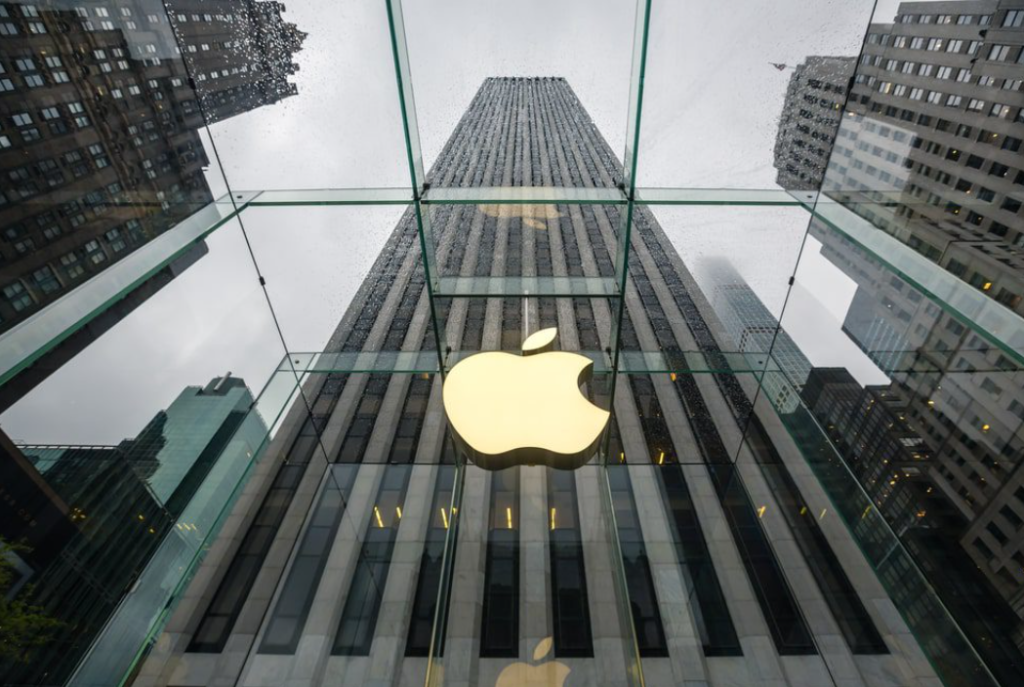
Starbucks: Crafting Experiences, Not Just Coffee
Starbucks, the coffeehouse giant, exemplifies the power of creating experiences tailored to the market. Beyond offering coffee, Starbucks has built a brand centred on ambiance, community, and personalisation. This market-focused approach has led to unparalleled success and global brand loyalty.

The Verdict: Market-Focused Triumphs Over Product-Centricity
In the perennial debate of market-focused vs. product-focused, the evidence overwhelmingly supports the superiority of a market-focused approach. By prioritising the customer, embracing adaptability, and leveraging continuous feedback, businesses can carve a path to sustained success.
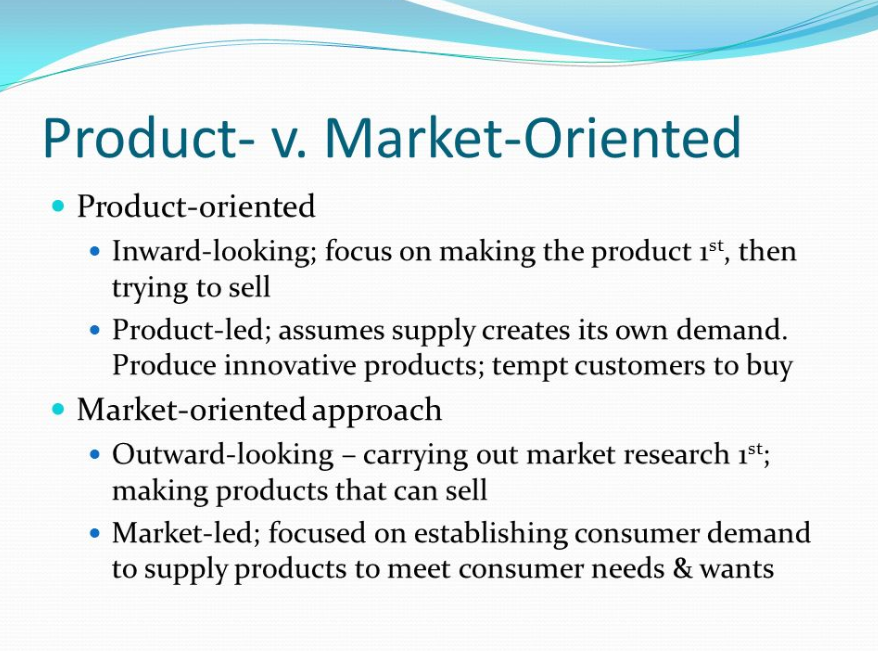
Click here to check out the latest post on Instagram.
Also read: Top 5 Podcasts Every Future Business Owner Should Listen To
image source: google




































